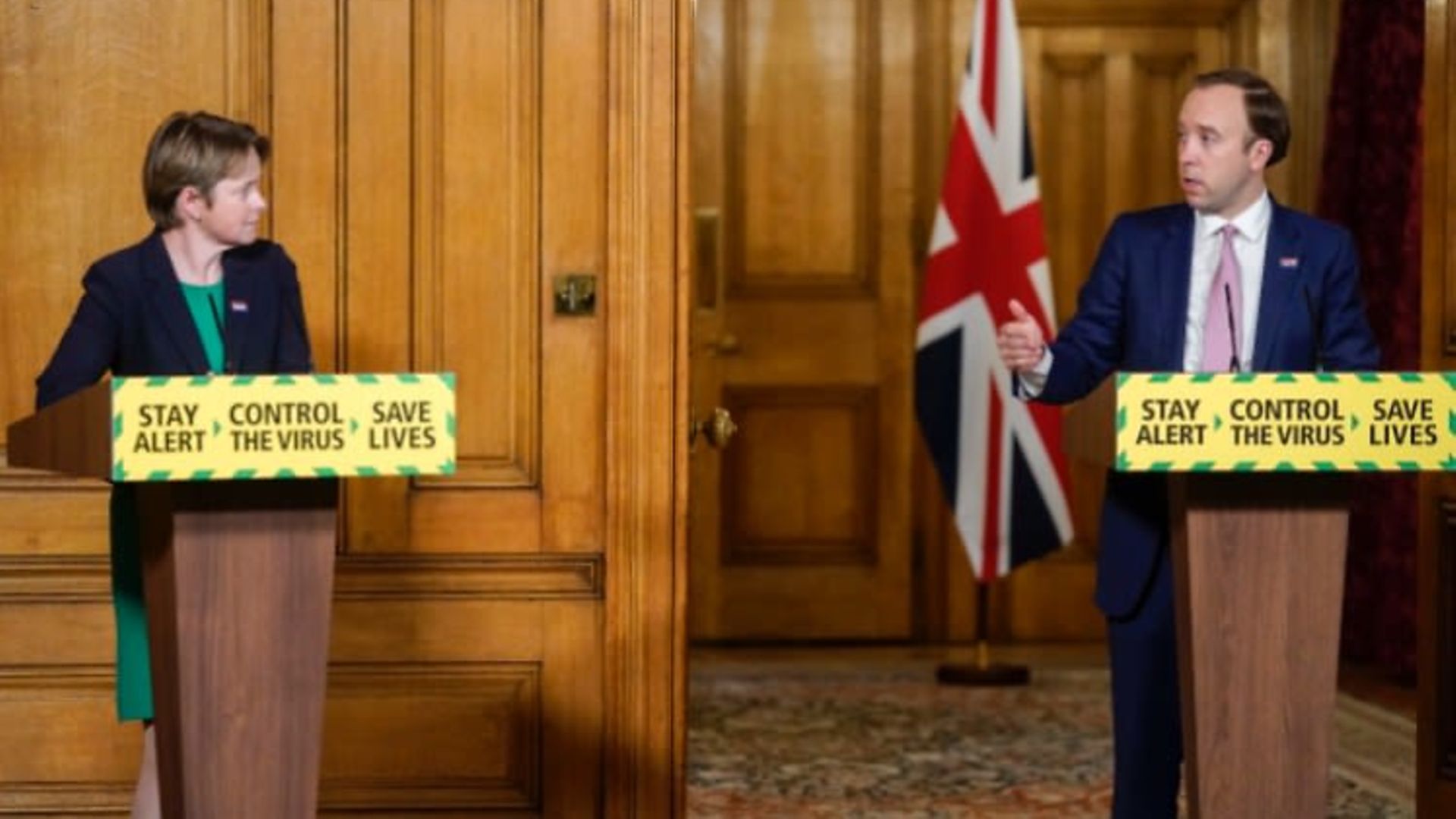
The Test and Trace system has reached the lowest ever proportion of contacts of people who tested positive for Covid-19 in England, a day after Boris Johnson said it had achieved a “remarkable feat”.
Four in 10 close contacts of people who tested positive are still not being reached by the system, at the same time as it recorded its highest weekly number of positive cases.
A total of 137,180 people tested positive for Covid-19 in England at least once in the week to October 28 – an increase of 8% on the previous week and the highest weekly number since Test and Trace was launched at the end of May.
According to the latest figures, 59.9% of close contacts of people who tested positive in England were reached through the system in the week ending October 28. This is the lowest since Test and Trace began and is down from 60.6% for the previous week.
For cases managed by local health protection teams, 97.9% of contacts were reached and asked to self-isolate in the week to October 28. For cases managed online or by call centres, the figure was 58.5%.
Just 26.4% of people who were tested in England in the week ending October 28 at a regional site, local site or mobile testing unit – a so-called “in-person” test – received their result within 24 hours.This is up from 22.6% in the previous week.
Of the 139,781 people transferred to the system in the week to October 28, 82.7% were reached and asked to provide details of recent close contacts – down slightly on 83.2% in the previous week.
Some 14.9% of people transferred to Test and Trace in the week to October 28 were not reached, while a further 2.3% did not provide any communication details.
Only 3.5% of people in England who used a home test kit for Covid-19 received their result within 24 hours in the week to October 28, the same percentage as the previous week. Some 36.5% of people received the result of a home test within 48 hours, up from 24.9% in the previous week.
Before the new figures were published, Justice Secretary Robert Buckland said the month-long lockdown that began in England on Thursday will be used to “redouble our efforts” to expand the NHS Test and Trace programme.
Speaking to BBC Breakfast, he said it is also vital to increase the speed at which test results are returned.
“Lots of people are receiving them the next day which is good, but there are still too many people who are having to wait for days and we are going to continue to work to speed that up,” he said.
“We’ve got to use this time not only to deal with Test and Trace but also to prepare for when we get a vaccine.”
At Prime Minister Questions a day before Johnson acknowledged “failings” but also praised the system.
He told Keir Starmer: “I’m perfectly willing to accept the failings of Test and Trace, of course I am, and of course I take full responsibility for the frustrations people have experienced with that system.
“But to go from 3,000 tests a day, 2,000 tests a day to 500,000 is a quite remarkable feat.”
Johnson’s spokesperson said he continues to have confidence in Baroness Dido Harding as head of the Test and Trace operation.
Harding, said the latest figures show the system is “processing more tests and reaching more people, which means we are finding positive cases and helping to break chains of transmission”.
She said: “We know that there are areas where we still need to improve and we are working tirelessly to make the service quicker and more effective every day.”
She said increased capacity and testing innovations have paved the way for the start of regular testing of staff across the NHS and in care homes on Friday.
“NHS Test and Trace is a crucial weapon against this virus, but it is not a silver bullet,” she said.
Warning: Illegal string offset 'link_id' in /mnt/storage/stage/www/wp-includes/bookmark.php on line 357
Notice: Trying to get property 'link_id' of non-object in /mnt/storage/stage/www/wp-includes/bookmark.php on line 37






